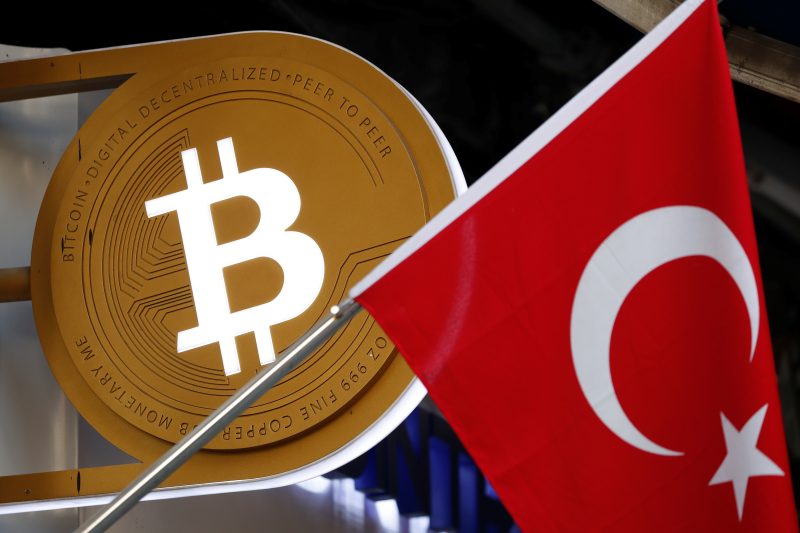Turkey’s Finance Ministry has unveiled a set of rigorous cryptocurrency regulations designed to enhance anti–money laundering (AML) safeguards. Spearheaded by Finance Minister Mehmet Şimşek, these measures aim to bring Turkey’s crypto environment in line with global standards.
Tighter Rules for Crypto Transactions
The new regulations introduce several critical requirements for both users and platforms:
- Mandatory transaction details: Users must now explain the source and purpose of each crypto transfer with at least 20 characters. This aligns with the FATF’s travel rule, ensuring both the sender and receiver are identified, especially for suspicious transfers.
- Withdrawal waiting periods: To deter fast, illicit fund movements, crypto withdrawals will face delays. Most transactions will require a 48-hour hold, while first-time withdrawals or transfers from non-compliant accounts will take 72 hours.
- Stablecoin usage caps: Daily transfers of stablecoins are now limited to $3,000 per user, with a $50,000 monthly ceiling. Fully compliant platforms can offer higher limits—$6,000 per day and $100,000 monthly.
- Exemptions for financial operators: Market makers, arbitrage traders, and liquidity providers are exempt from these caps, as long as platforms monitor and document their activities accurately.
- Strict penalties for non-compliance: Crypto platforms that fail to meet these standards risk heavy fines, license suspension, or even legal actions.
What This Means for Users and Platforms
Turkey’s move follows a broader global trend toward stricter crypto oversight, echoing efforts seen in the EU under MiCA regulations. These updates could offer greater protection against fraud and illegal money flows, which may appeal to institutional investors and major financial players.
However, the new rules may create hurdles for smaller exchanges and peer-to-peer traders, some of whom have already started pulling out of the Turkish market. For regular users, the increased friction—particularly with new accounts or unverified platforms—may initially slow down their crypto activities.
Still, adopting compliant platforms could provide benefits like faster withdrawals and higher transaction limits, offering a clear incentive to shift toward more regulated services.
